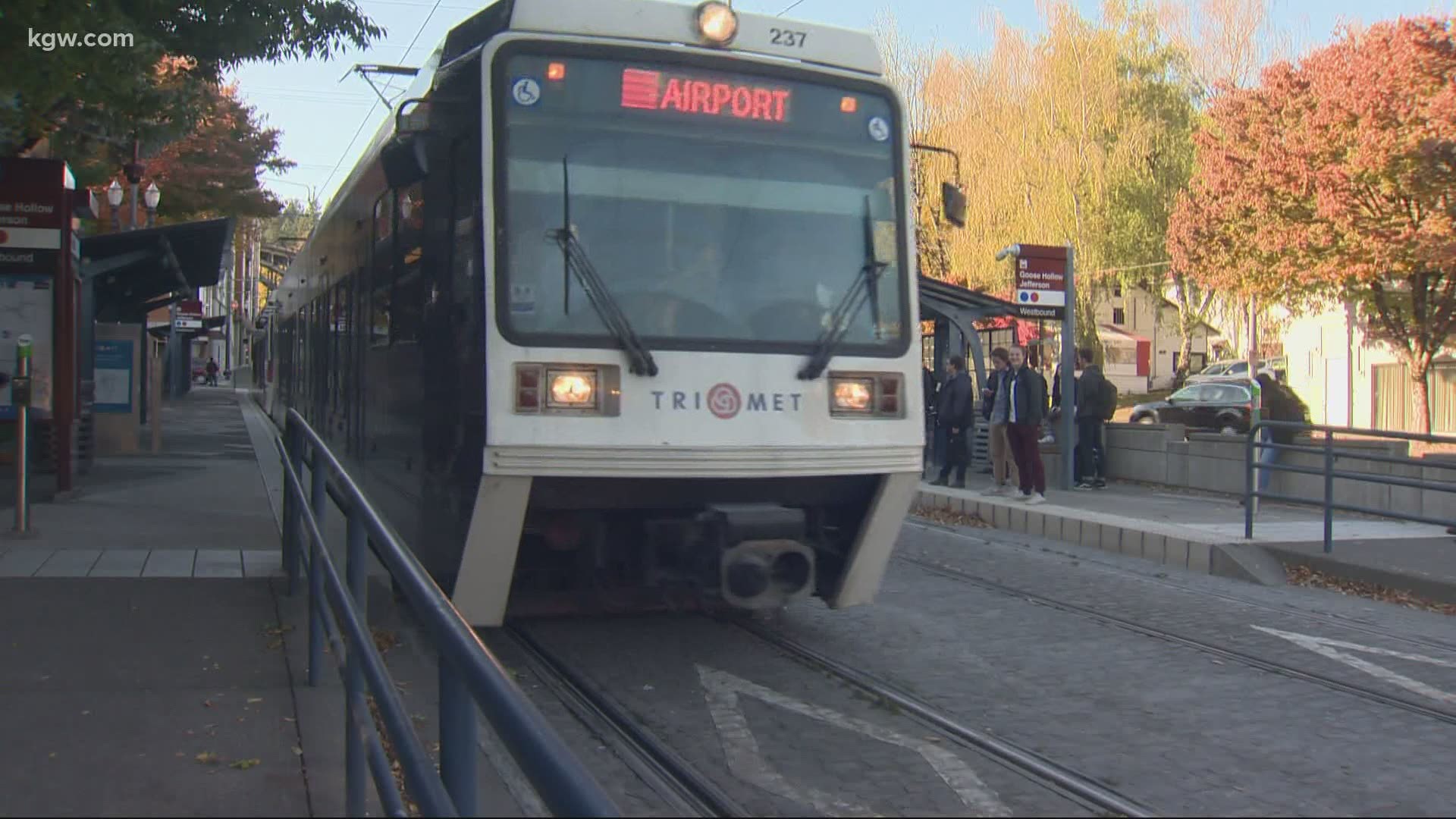PORTLAND, Oregon — If you’ve spent any time looking through your voter’s guide, you’ll notice more than 20 pages of comments both for and against Measure 26-218.
‘Get Moving 2020’ is what Metro Council calls this historic ask: a $5 billion payroll tax on companies with more than 25 employees.
If passed, that money would be used to fund around 150 transportation projects around the metro area – including money for TriMet’s planned light rail expansion to Southwest Portland and Tigard, known as the Southwest Corridor Project. The measure would include projects that improve safety, access to transit, and increase racial equity.
That’s a strong selling point for Marcus Mundy with the Coalition of Communities of Color.
“We were looking at issues of equity, issues of safety and traffic congestion, we were looking at the job creation that is going to come from this," said Mundy. "These are amazing, living wage jobs that are going to be created (estimates are) 35 to 40,000 jobs over the life of this measure. So I can't look at that and not support it. And by the way, these infrastructure improvements that they're suggesting are long overdue for our region."
Opponents of the measure say the timing couldn’t be worse for businesses in the midst of a pandemic-driven recession.
“Wrong time, wrong plan. Our businesses are suffering, and there's no end in sight," said Deanna Palm, president of the Hillsboro Chamber of Commerce. "We just did a business survey and it was a dismal in terms of what their projections are, going forward, what they need, how they need assistance, what they need assistance in. Businesses that responded to our survey were all size businesses and the businesses that are over 25 employees are not exempt from COVID.”
Palm also expressed concerned that this tax will be permanent, and that the government agency Metro, which proposed the bill, would itself be exempt from paying it.
“So what I'm used to in terms of pro transportation projects and these kinds of capital projects is that you have a tax rate, you have a building that or something that's going to be built. It's going to be built in a certain amount of time. And then the bond goes away. This is not that. There is no going away. This is a forever tax. It's permanent.”
Mundy, however, sees this as an opportunity for business to invest, locally. “This is not a giveaway to the region. This is an investment…they're big businessmen. They understand long-term investments. This is a long-term investment in the Portland metropolitan statistical area. And why wouldn't they support that?”

